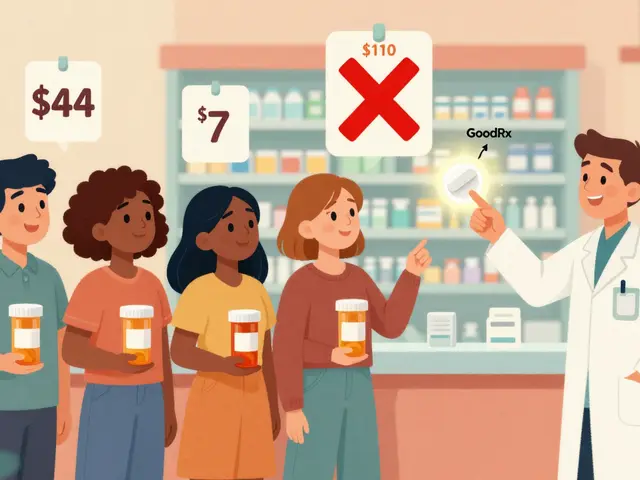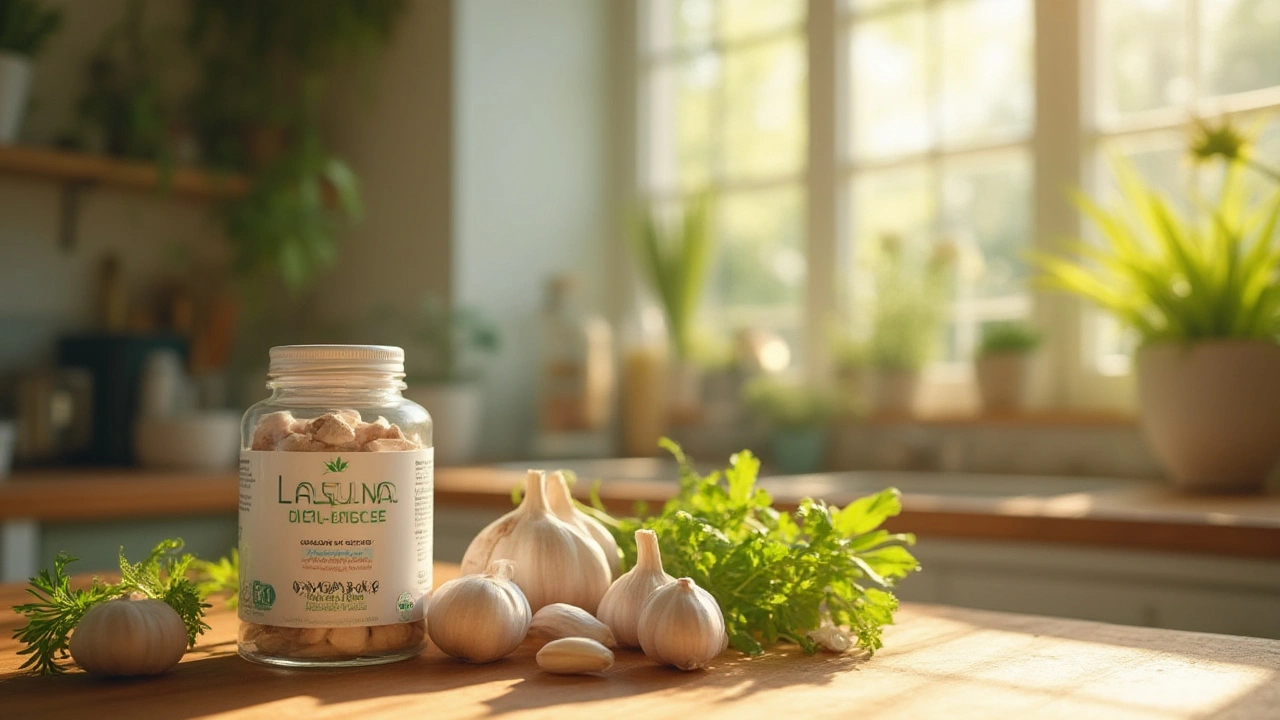Garlic supplement: what it does, how to take it, and what to watch for
Garlic isn't just a cooking flavor — supplements can deliver concentrated compounds linked to heart and immune benefits. If you're thinking of trying a garlic supplement, this page gives the facts you actually need: what works, how much people use, side effects, and real buying tips.
What garlic supplements can do
Research and clinical trials show garlic supplements can lower blood pressure a bit and improve cholesterol numbers for some people. Expect modest wins: several trials and meta-analyses report systolic blood pressure drops roughly in the 5–10 mmHg range and small drops in LDL (the "bad" cholesterol). People also report fewer colds or shorter cold length, but evidence for immune claims is weaker than for heart markers.
Different forms exist: aged garlic extract, garlic oil, garlic powder, and allicin-stabilized formulas. Aged garlic extract is popular because it’s gentler on the stomach and consistent in studies. Raw garlic and food sources still count, but supplements give a more predictable dose of active compounds.
How to choose and dose a garlic supplement
Common supplement patterns: aged garlic extract 600–1,200 mg per day or the equivalent of 1–2 fresh garlic cloves daily. Allicin-containing products list allicin or alliin amounts; follow label instructions. Start low for a week to test tolerance, then move to the studied dose if you feel fine.
When buying, look for third-party testing (USP, NSF, or similar), clear ingredient lists, and a standardized extract or allicin amount. Avoid huge doses that promise dramatic results — more isn't always better and raises side effect risk.
Storage matters: keep capsules in a cool, dry place and use by the expiration date. If you open a bottle and it smells extremely strong, that can be normal, but check the label for storage instructions.
Practical tip: if breath or body odor is a concern, aged garlic extract tends to cause less smell than raw garlic or some oil formulas.
Who should skip or be careful? People on blood thinners (warfarin, clopidogrel, aspirin) or antiplatelet drugs should talk to their doctor before starting garlic supplements — garlic can increase bleeding risk. Also check with your provider if you take blood pressure meds, are pregnant or breastfeeding, or have planned surgery.
Common side effects include bad breath, body odor, mild stomach upset, and occasionally allergic reactions. If you notice unusual bruising, bleeding, or a severe rash, stop the supplement and seek medical advice.
Bottom line: garlic supplements can help lower blood pressure and modestly improve cholesterol for some people. Choose a standardized, tested product, start at a low dose, and check with your clinician if you take blood thinners or blood pressure medicines. Small steps and common-sense precautions will get you the benefit without surprises.
1
Lasuna: Garlic Supplement Benefits, Uses, and Side Effects Explained
Discover the power of Lasuna, a garlic-based supplement. Explore its health benefits, how it works, and what side effects you should know. Real tips and science inside.
Latest Posts
Popular Posts
-
 Stinging Insect Allergy: What Venom Immunotherapy Really Does for You
Stinging Insect Allergy: What Venom Immunotherapy Really Does for You
-
 Spinal Cord Injury: Understanding Function Loss, Rehabilitation, and Assistive Devices
Spinal Cord Injury: Understanding Function Loss, Rehabilitation, and Assistive Devices
-
 Accidental Pediatric Medication Overdose: How to Prevent It and What to Do If It Happens
Accidental Pediatric Medication Overdose: How to Prevent It and What to Do If It Happens
-
 Duloxetine and Liver Health: What You Need to Know About Hepatotoxicity Risk
Duloxetine and Liver Health: What You Need to Know About Hepatotoxicity Risk
-
 Out-of-Pocket Costs: How Generics Cut Your Drug Bills - and When They Still Hurt
Out-of-Pocket Costs: How Generics Cut Your Drug Bills - and When They Still Hurt



